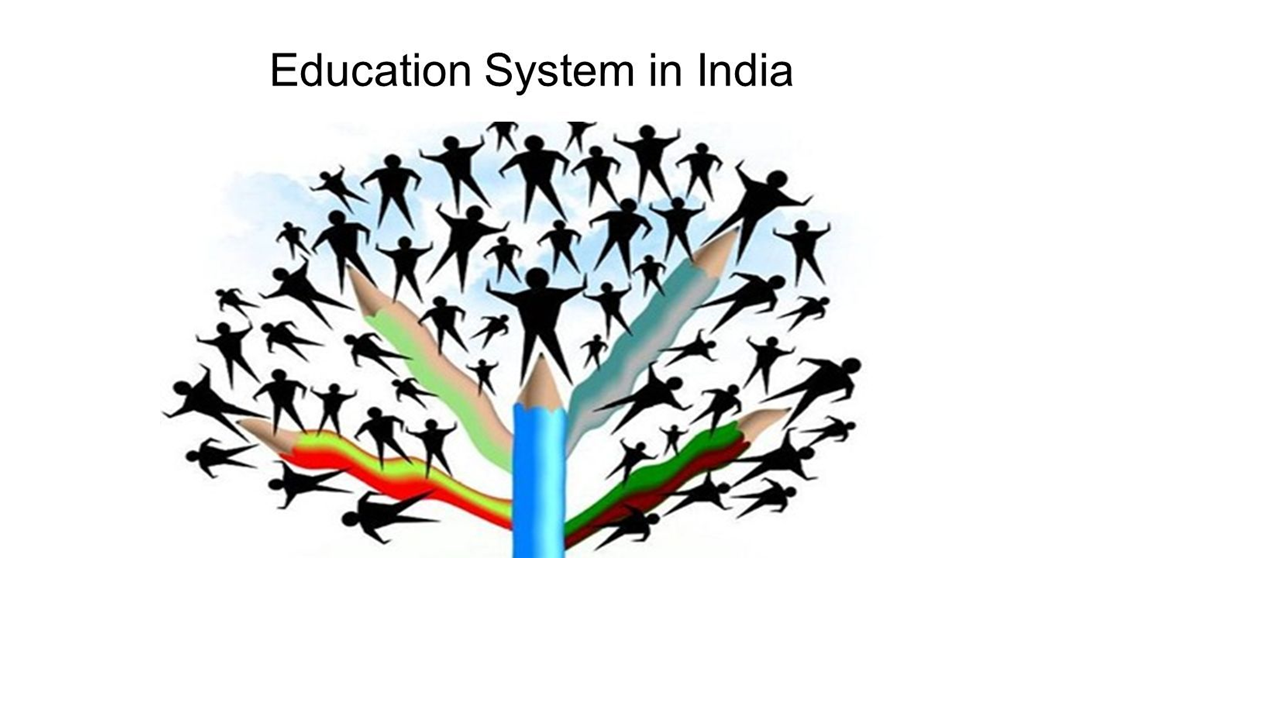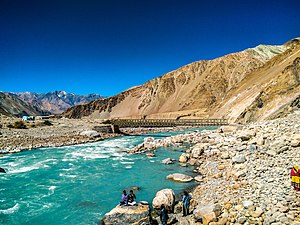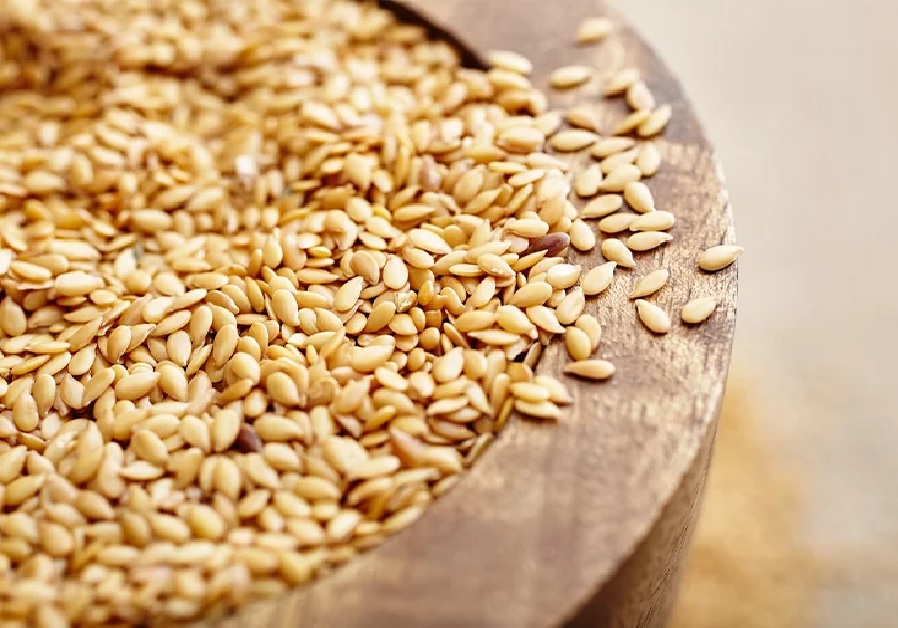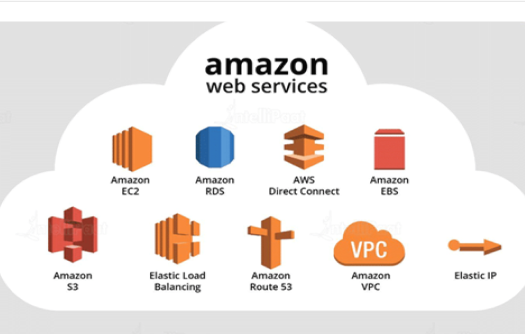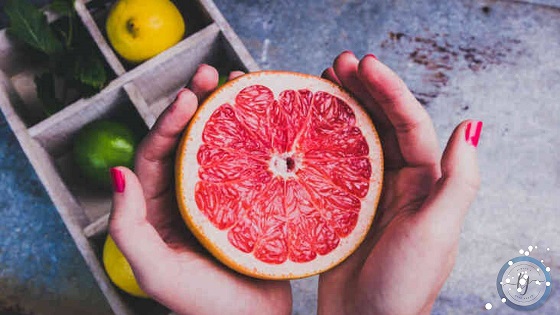The Advantages and Benefits You Should Know of Being a Vegetarian?
Vegetarian, vegan, and plant-based are all related concepts with a few key differences. Knowing which solution is best for you can be difficult, particularly if you’re trying to make some healthier changes. This article looks at the variations between these diets as well as the findings on the advantages of switching to a plant-based diet.
Types of Plant-based Diets

Vegetarian diets usually consist of fruits, vegetables, grains, legumes, nuts, and seeds, but may also contain eggs and dairy products. Many of these diets usually don’t include any meat (flesh). Plant-based diets are characterized by the type or frequency of animal products consumed. Among these diets, there are also subsets identified by the types of animal-based products consumed or avoided:
• Lacto-ovo-vegetarian: Eggs and dairy products are consumed
• Lacto-vegetarian: A vegan who consumes dairy products
• Ovo-vegetarian: Eggs are consumed
• Pescetarian: eats fish
• Semi-vegetarian: eats meat seldom (once or twice a week) or avoids all red meat
• Flexitarian: Doesn’t eat meat too much (once or twice per month)
• Vegan: No animal products are consumed
Given the variety of plant-based classifications, determining which types have the most health benefits from the available research can be challenging. Since cardiovascular disease (CVD) takes years to develop, a well-controlled, short-term study is insufficient to assess CVD risk. As a result, we must focus on research into the links between dietary patterns and health outcomes. Overall, a vegetarian diet that is well-planned and implemented will provide good nutrition, improve overall health, and reduce the risk of major chronic diseases.
Let’s look at a few of the basic health advantages of eating a plant-based diet.
1. Increased Consumption of Healthy Food

The main recommendation for healthy eating habits is to consume a variety of vegetables and whole fruits. At a sufficient calorie level, a diverse diet of fruits, vegetables, whole grains, legumes, and nuts typically results in an adequate intake of dietary fibre and a low intake of saturated fat and hydrogenated vegetable oils. As a result, vegetarians have lower BMIs, LDL cholesterol levels, and blood pressure, as well as lower rates of stroke, type 2 diabetes, some cancers, and heart disease mortality than non-vegetarians.
Vegetarian diets are also high in health-promoting phytochemicals and vitamins C and E, which function as antioxidants and protect against oxidative stress. Furthermore, these eating habits include magnesium and potassium-rich foods, which can increase insulin sensitivity and vascular function, respectively. Dietary fibre and phytochemicals can also help to improve and sustain gut microbiome health.
To summarise, weight loss/maintenance, blood sugar management, improved lipid profile, reduced blood pressure, decreased inflammation, and improved digestive health are all possible pathways for improved health from vegetarian eating plans.
2. Reduced Consumption of Unhealthy Food

Several dietary factors found in animal foods have been linked to an increased risk of cardiovascular disease. Saturated fats, which are commonly found in meats, have long been linked to high cholesterol and other unfavourable disease risk profiles. Surprisingly, saturated fats may not be to blame for many of the negative health consequences that have been linked to them; rather, the processing of meats may be to blame. Preservatives including sodium, nitrates, and nitrites found in processed meats may increase blood pressure and inhibit insulin response.
The majority of research suggests a sliding scale of better health outcomes as plant consumption increases and meat intake decreases. However, completely avoiding meat and dairy products may not be sufficient for good health, as they may be a part of a balanced diet. Choosing whole foods over processed foods is another effective technique for getting the most out of any diet plan.
Going Vegetarian

As previously stated, the word “vegetarian” can mean many different things to different people, as vegetarians follow a variety of dietary practices. Here are some ideas to help you transition to a plant-based diet:
• Decrease animal food consumption gradually, as this approach is easier to follow and stick to than more extreme guidelines, such as avoiding all animal products entirely
• Begin with a few plant-based meals per week and work your way up to form a habit
• Make your meal preparation more interesting by incorporating a theme. You may, for example, start with “Meatless Mondays” and eventually extend the concept or two to three days per week. Alternatively, try the “Vegan Before 6” solution, which requires meat and animal products only at dinner
• Think about how sustainability relates to the longevity of a diet plan. For example, sticking to a semi-vegetarian diet is likely to be easier to sustain over time than sticking to a strict vegan diet
• Recognize that eating healthy is a way of life, not a 30-day challenge
Following a Vegetarian Diet in the Wrong Way

There are healthy and less-healthy versions of vegetarianism, just as there are healthy and less-healthy versions of every diet plan and being a vegetarian by name does not guarantee the health benefits mentioned earlier. Vegetarian foods include soda, cookies, French fries, macaroni and cheese, and sugary cereals. A vegetarian diet will certainly be high in calories, sugar, preservatives, and harmful fats. Also, certain nutrients, such as omega-3 fatty acids, calcium, vitamin D, iron, zinc, and vitamin B12, can be omitted from strict vegetarian diets. To prevent losing out on vital nutrients, meal planning and preparation are essential components of a balanced vegetarian diet.
Supplementation and fortified foods (i.e., vitamins and minerals added to the product) can be essential in a plant-based diet. Vitamin B12 can only be obtained from animal products or dietary supplements. Lacto-ovo-vegetarians, on the other hand, would have fewer nutrient holes to fill than vegans because eggs and milk contain B12.
The Bottom Line
Consuming an adequate amount of vegetables and fruits.
More vegetables and less refined foods should be part of a balanced diet (including or except meat products). Make healthy eating a lifestyle that you will maintain for years to come, regardless of the dietary approach you take.










